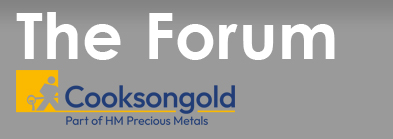Hobby Vs Business dilemma
Under the guidelines on the HMRC website you are probably not trading if you donít plan to make a profit.
So, that pretty much describes my intention. I have a full time job and only want to sell items Iíve made in my spare time to cover the cost of materials used i.e. No Profit.ďYouíre probably not trading if you sell some unwanted items occasionally or you donít plan to make a profit. You canít use any losses you make as part of a hobby to reduce your tax bill.Ē
However, I read somewhere that merely selling an item on eBay constitutes an act of Ďbusinessí and could void home insurance! So I searched around for Home Business insurance and the quote I found was cheaper than my current non-business home insurance, so naturally I signed up. So Iím covered either way. But now this raises an interesting dilemma. Iím wondering if HMRC could use that fact that I have Home Business Insurance as evidence that I am actually trading?
I should note that I have yet to sell any items, I am purely at the hobbyist stage but I was hoping that someone could provide a definitive answer on this.
Who gets the final word on whether you are trading: HMRC or insurance companies?





 Reply With Quote
Reply With Quote




Bookmarks